New report: app and video streaming experience determine customer loyalty

In the business of mobile broadband, customer loyalty isn't what it appears to be. As smartphone users’ behavior changes, traditional measurements are no longer enough to determine whether customers prefer their operator, a new report from Ericsson ConsumerLab says.
For all the improvements in mobile networks since 2013, the number of smartphone users facing issues daily has not changed. One key reason for this is new video streaming behavior worldwide: ranging from South Korea, where one-third of smartphone users watch live streamed videos broadcast by other users; to the US, where 14 percent have started to use live video streaming apps.
But while consumer behavior has changed, the widely-used customer loyalty measurements in the telecom industry have not. The report, “Experience shapes mobile customer loyalty,” shows that Net Promoter Scores (NPS) fails to determine users' preference for their mobile network operator, chiefly because it takes no account of the changing expectations of network performance as a result of new video streaming app behavior.
The report shows that smartphone users who face 11 or more issues per week are approximately twice as likely to think of switching operators. Alarmingly, two in every five smartphone users claim they face more than 11 issues at least weekly, with video streaming glitches more common now.
The report offers six different loyalty profiles to quantify the different motives and preferences that smartphone users exhibit towards their operator. In many cases, consumers who say they would recommend their operator do so not because they prefer the operator, but because they cannot identify a better alternative, the report states.
The report found that the mobile broadband experience remains the principal driver of smartphone user loyalty to operators. However, it also emerges as a common source of dissatisfaction among 73 percent of users globally.
Smartphone users apply their own set of criteria to judge mobile broadband experience, based on how apps are performing – in particular whether video apps stream without interruption, or how fast users can upload content to share with their social networks. Millennial smartphone users (ages 18 to 24) overwhelmingly prefer to find out from operators how their favorite social media and video streaming apps perform on the network rather than the extent and reach of network coverage, the study shows.
“As new apps emerge and video usage behavior evolves, network performance will matter more than ever and will determine how loyal smartphone users will be to their operators,” says Jasmeet Singh Sethi, Senior Advisor with Ericsson ConsumerLab.
The views expressed in the survey are representative of 650 million smartphone users across 14 markets: Brazil, China, Germany, India, Indonesia, Ireland, Oman, Poland, Russia, Sweden, South Korea, Ukraine, the US, and the UK.
About the report
This study included both qualitative and quantitative research, as well as on-device measurements. A total of 30 smartphone users from South Korea, the US and the UK participated in in-depth, face-to-face interviews.
In February 2016, 1,000 smartphone users in 14 global markets participated in an online survey (except India, in which 2,000 users participated). A total of 15,000 iPhone and Android smartphone users aged between 18 and 69 took part in the survey across Brazil, China, Germany, India, Indonesia, Ireland, Oman, Poland, Russia, Sweden, South Korea, Ukraine, the US, and the UK. All smartphone users surveyed used apps over mobile broadband at least weekly.
The views expressed in the survey are representative of 650 million smartphone users across 14 markets.
On-device meter panels were used on 11,500 Android smartphones in South Korea and the US to record every interaction users had with their smartphones (data collected by Nielsen in October 2015).
Notes to editors
For media kits, backgrounders and high-resolution photos, please visit https://www.ericsson.com/en/newsroom/media-kits.
Ericsson is the driving force behind the Networked Society – a world leader in communications technology and services. Our long-term relationships with every major telecom operator in the world allow people, business and society to fulfill their potential and create a more sustainable future.
Our services, software and infrastructure – especially in mobility, broadband and the cloud – are enabling the telecom industry and other sectors to do better business, increase efficiency, improve the user experience and capture new opportunities.
With approximately 115,000 professionals and customers in 180 countries, we combine global scale with technology and services leadership. We support networks that connect more than 2.5 billion subscribers. Forty percent of the world’s mobile traffic is carried over Ericsson networks. And our investments in research and development ensure that our solutions – and our customers – stay in front.
Founded in 1876, Ericsson has its headquarters in Stockholm, Sweden. Net sales in 2015 were SEK 246.9 billion (USD 29.4 billion). Ericsson is listed on NASDAQ OMX stock exchange in Stockholm and the NASDAQ in New York.
www.ericsson.com
www.ericsson.com/news
www.twitter.com/ericssonpress
www.facebook.com/ericsson
www.youtube.com/ericsson
